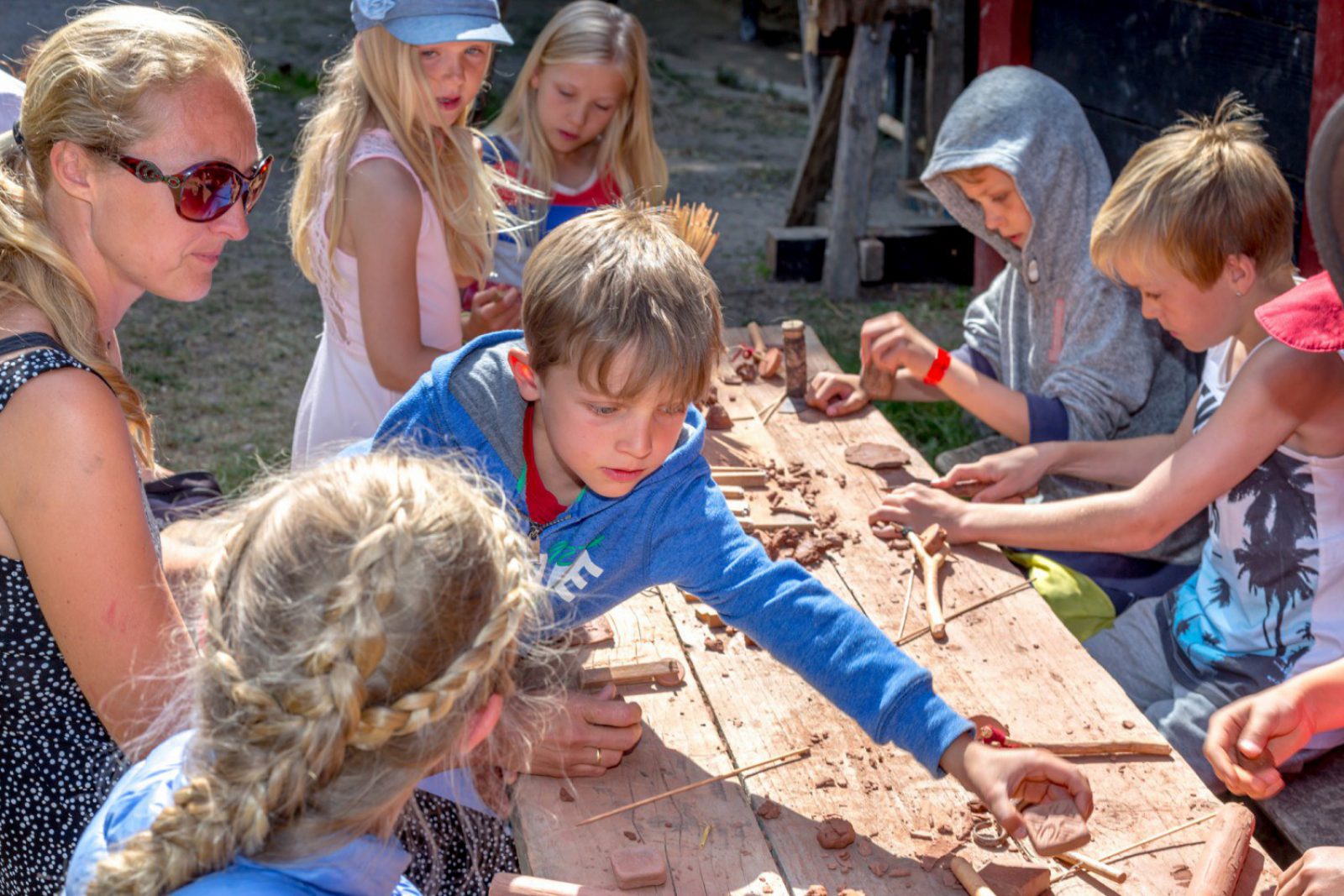
The LIVIND project finances twenty initiatives on living heritage in Northern Europe
The pilot projects that will be carried out during the spring 2023 head to meet different development needs regarding living cultural heritage and sustainable development. The themes of the projects vary with focus on different forms of living heritage, from handicrafts and nature-based activities to oral heritage and dance.
The LIVIND project – Creative and living cultural heritage as a resource for the Northern Dimension region, led by the Finnish Heritage Agency, supports twenty initiatives in the nine LIVIND partner countries with a maximum sum of 5,400 euros. These pilot projects are enabled by the new funding lot granted to the LIVIND by the Ministry for Foreign Affairs of Finland in September 2022, which will also ensure the continuation of the project until summer 2024.
The LIVIND project works to strengthen the role of living, intangible cultural heritage (ICH) in local communities as a source of well-being and livelihoods in accordance with sustainable development. The now starting pilot projects are practical actions that are used to test the various ways in which the activities on living heritage can be improved and at the same time support the well-being of local communities.
For example, a pilot in East Iceland tests an educational programme intended for children and young people with focus on the local skills practiced in the natural environments of Seyðisfjörður. Climate change has already affected this region in many ways, causing warming fishing waters and extreme weather. Another pilot project takes place in Northern Poland increasing cooperation between Polish and Lithuanian local communities practising the traditional care of wild bees that nest in trees. In Røros, Norway, awareness of traditional social dances and their well-being effects is promoted. During the project, dance is also brought to museum environment to discussion and experimentation.
The connections between living, intangible cultural heritage and sustainable development are the subject of increasing attention worldwide. Most recently, the theme was brought up in the Final Declaration of Mondiacult, the UNESCO World Conference on Cultural Policy and Sustainable Development held in Mexico in September 2022.
The LIVIND project brings this topic to the fore in Northern Europe by bringing together living heritage experts and activists in the region. The project is based on the UNESCO 2003 Convention on the Safeguarding of Intangible Cultural Heritage, the Council of Europe's Faro Agreement, and the UN's Agenda 2030 on sustainable development. In addition to nine Northern European countries, the LIVIND project partners include the Northern Dimension Partnership on Culture, the Sámi Council and the Nordic-Baltic non-governmental organisations’ network on living heritage (Nordic-Baltic ICH Network). The main financier of the project is the Ministry for Foreign Affairs of Finland.
During 2022, the LIVIND project implemented a series of webinars on living heritage and sustainability perspectives. Eighteen reviews and case examples from different parts of Europe were heard in four online events. The webinars gathered audiences from a total of 36 countries. Subtitled recordings and programmes of the English-language webinars are available on the project's website.
LIVIND in short
Participating countries and areas: Finland, Sweden, Norway, Denmark, Iceland, Åland, Greenland, Faroe Islands, Sami, Estonia, Latvia, Lithuania and Poland. The total budget of the project is 463,000 euros, of which the Ministry of Foreign Affairs' share is approx. 84%, from the Baltic Sea, Barents Sea and the Arctic regions cooperation funds (IBA). Other financiers are the Finnish Heritage Agency and the Northern Dimension Partnership on Culture (NDPC).